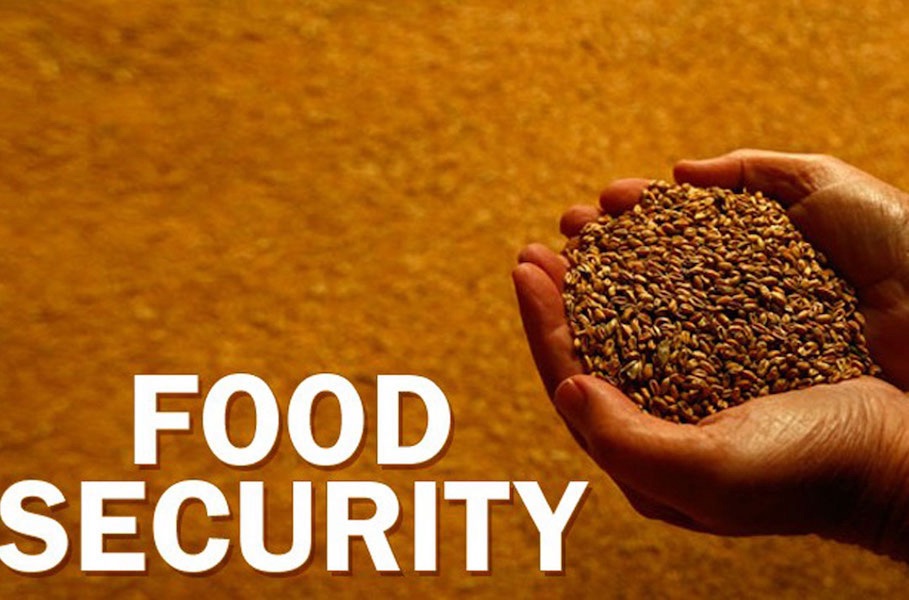By Olaitan Ibrahim
The Food and Agricultural Organization (FAO) says 1.8 million Nigerians currently face high risk of hunger.
This was disclosed by Aliyu Sabi Abdullahi, the minister of state for Agriculture and Food Security, in Abuja, at a recent press briefing to mark the World Food Day.
He said the federal government is committed to fighting food insecurity, noting that 733 million people globally went home hungry in 2023.
According to Abdullahi, “The latest State of Food Security and Nutrition in the World report published by the Food and Agriculture Organization (FAO), around 733 million people faced hunger in 2023, which is equivalent to one in eleven people globally and one in five people in Africa.

“About 2.33 billion people globally faced moderate or severe food insecurity in 2023, and over 2.8 billion people were unable to afford a healthy diet in 2022. FAO has warned that, if current trends continue, about 582 million people will be chronically undernourished in 2030, half of them in Africa.”
He stated that the right to food, which reflects this year’s theme, is recognised as a fundamental human right in the 1948 Universal Declaration of Human Rights and enshrined in the 1966 International Covenant on Economic, Social and Cultural rights, noting that this right is also protected by regional treaties and national constitutions.
“As a human right, the ‘Right to Food’ protects the right of people to feed themselves in dignity, implying that sufficient food is available, that people have the means to access it, and that it adequately meets the individual’s dietary needs.
It underscores the right of all human beings to be free from hunger, food insecurity, and malnutrition.”
According to the minister, the global hunger is severe and far-reaching, and the continued conflicts, displacement, economic shocks, instability and inflation have had devastating impacts on global food supply.

“Adding to the multiple challenges facing global food security are the colossal ramifications of climate change with increased incidences of droughts, floods, heavy rainfall, heat waves, desertification and rising ocean temperatures.
“These threats adversely affect not only food production but also agricultural livelihoods, with developing countries bearing the disproportionate burden.”
He said Nigeria’s current state of food production is threatened by insecurity, alongside economic shocks, floods and subsidy removal.
“To address underlying challenges impacting the attainment of our national food security goals, the Federal Government of Nigeria is implementing numerous economic reforms to stimulate productive capacity, create jobs and reduce cost of living.
Emergency responses and targeted humanitarian actions have also been taken to ameliorate food crisis in the country.”
The minister said tackling the underlying structural causes of hunger requires a comprehensive and sustained effort that involves various stakeholders and levels of responsibility.
“In 2017, Nigeria recorded significant achievements in the global agricultural sector. It ranked first in Cassava and Yam production with 59.4 million tons and 47.9 million tons respectively. It also ranked the 14th in Maize production with 10.42 million tons and 4th in Palm oil with 7.7 million tons in the same year.
Furthermore, in 2019, Nigeria became the largest producer of rice in Africa with a production level of 9 million metric tons. This indeed, is a true testimony of our overall commitment to boosting agriculture and providing sufficient food to the teeming population.
“Building on the momentum to end hunger and promote sustainable agriculture, the present administration under President Bola Ahmed Tinubu, GCFR is implementing lots of policies, programmes and initiatives to ensure the Right to Food for a better life and better future in Nigeria by placing food security as a top-most national priority in its Renewed Hope Agenda.”